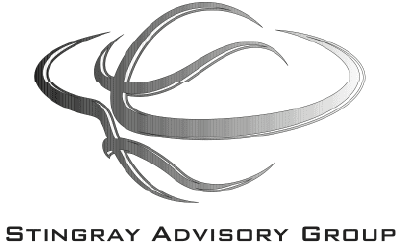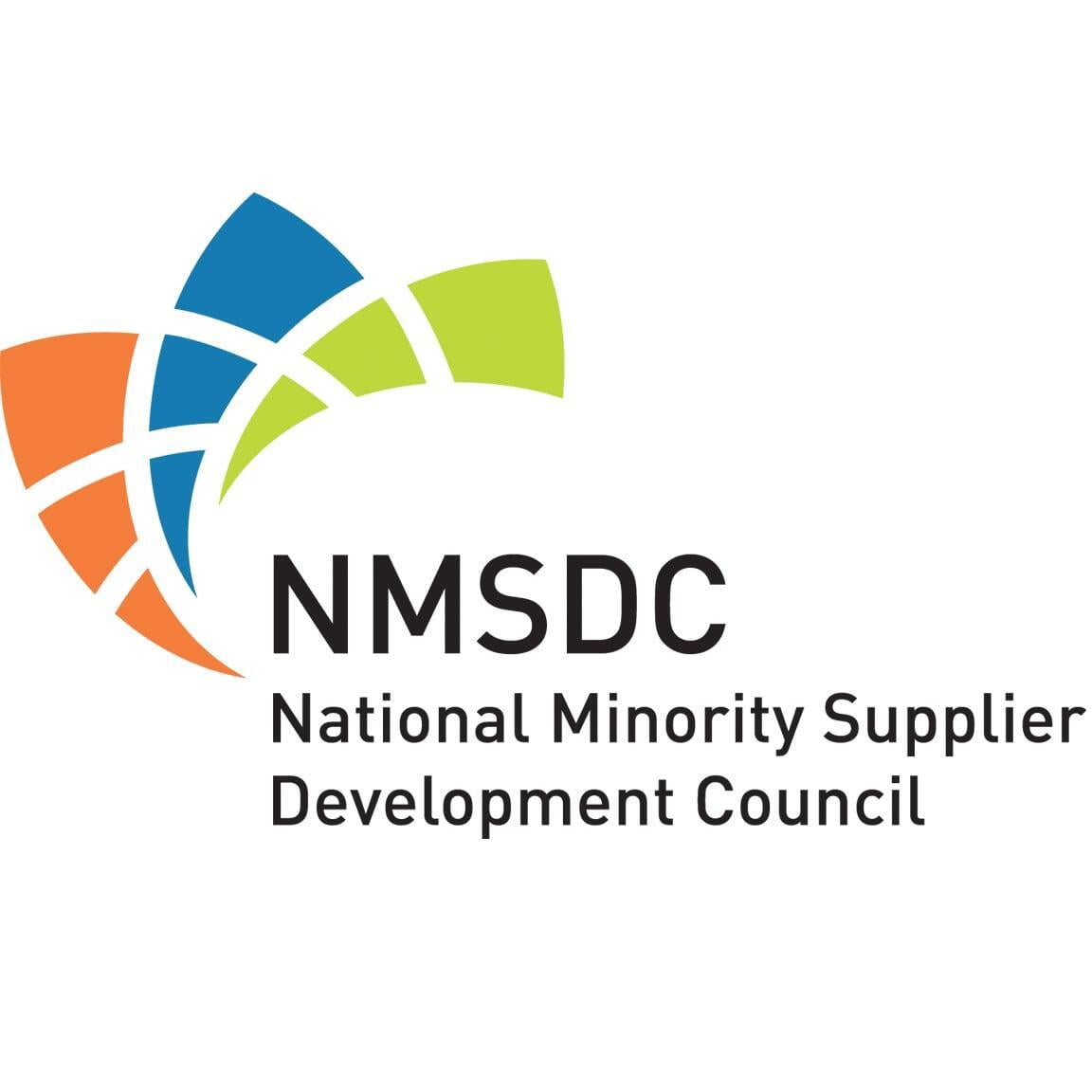By: Christina Nguyen
You’ve probably come across plenty of talk and (hopefully) action on expanding efforts around company diversity, equality and inclusion (DEI). This typically concerns characteristics such as race, nationality, gender, sexual orientation, or religion.
One notable aspect of diversity that isn’t as obvious to the eye is neurodivergency. As its name suggests, neurodivergency tends to refer to minds that operate differently from the norm, often due to conditions such as ADHD or autism. Much of society believes that neurodivergency is an illness to be cured, but many can see that it’s simply another variation in human nature to be embraced. In other words ‒ it’s merely a different way of existing, a factor of diversity we should work to include just as we do with different races and genders.
Due to the former notion, unemployment rates for autistic individuals are estimated to be from 40-80%. This is due to several factors, such as having difficulty developing job skills and navigating the job interview process, as well as discrimination while being interviewed and once employed.
To fill these gaps, a small handful of companies such as Microsoft and SAP have initiated programs to support the hiring, retention and support of neurodivergent team members. After all, the unique ways that neurodivergent individuals think can offer innovative ideas that neurotypical team members may not have considered, giving you a distinctive competitive advantage.
However, if you’re looking to embrace a neurodivergent team member's unique thought process, you also have to make them feel safe and included. While each neurodivergent person differs in their needs, as we all do, there are some common initiatives your business can take to interview, hire and collaborate with a variety of neurodivergent team members:
Reassess the duties of their role.
Even if individuals do lack these expected soft skills, this doesn’t mean that they’re incapable of efficiently performing their jobs. That’s when you can reassess whether it’s truly necessary for each and every team member in their position to fit into traditional expectations and whether you can tailor the role to better suit each person’s strengths, rather than relying on predefined expectations.
For example, a more neurodivergent person on a user experience research team can focus on writing research questions rather than conducting the interviews. Reassess how client-facing their position really needs to be and whether you can have another team member cover for them. If you’re fortunate enough to land a neurodivergent-friendly client, that could be their client-facing opportunity to shine.
Reconsider what counts as a good interview.
Interviews often depend on social skills and confidence that many of us take for granted. For neurodivergent individuals, many often lack the conventional social skills that are traditionally needed to pass a job interview in any industry. For example, autistic individuals may not make eye contact and overshare their strengths and weaknesses, which are often turn-offs for many interviewers.
Educate your team on neurodivergency, including how to identify and respond to it.
Neurodivergent individuals often behave in ways that may be considered quirky, eccentric, awkward or uncomfortable by society. They often may not make eye contact when interacting with you, may not understand sarcasm, may respond to your questions a bit too literally and may be hesitant to touch you, even if it’s just a friendly hug or handshake. After-work drinks or even background office noise may be socially overwhelming.
Many of us might easily interpret these behaviors as running counter to common desirable professional behavior such as “being a team player” and having good communication skills. However, sometimes such neurodivergent individuals are only expressing their skills differently.
If you and your team are aware of common signs of neurodivergency, you’ll be better prepared to make these team members feel welcome, safe and included. Besides, you and your team may already be more familiar with neurodivergent folks than you think ‒ you might have referred to them with words like quirky, weird, or oddballs. Be cognizant of this type of talk and address it when educating your team. As with any other off-color comments, they should be avoided.
Moving forward with a neurodivergent candidate may sound daunting, but it doesn’t have to be with an inclusive, open-minded, understanding, empathetic, compassionate team. If you and your team can understand and embrace the “quirks” of neurodivergent individuals, you might find your personal and professional lives enriched in ways you didn’t expect.
What are some ways your company has better supported neurodivergent team members? What are your dos and don’ts for neurodivergency inclusivity? Feel free to let us know in the comments below!
Want to receive more informative content like this?
Sign up for our monthly newsletter today!
About Stingray Advisory Group LLC: Stingray Advisory Group LLC is based in Grand Rapids, Michigan, and is a proud member of Local First and the West Michigan Hispanic Chamber of Commerce. We help businesses grow. By creating customized solutions, we empower businesses and entrepreneurs with the tools to further their development.
Email us at info@stingrayadvisorygroup.com to schedule a consultation. Follow us today on Facebook, Twitter, and Instagram for more helpful tips!
To learn more, visit us at www.stingrayadvisorygroup.com.



